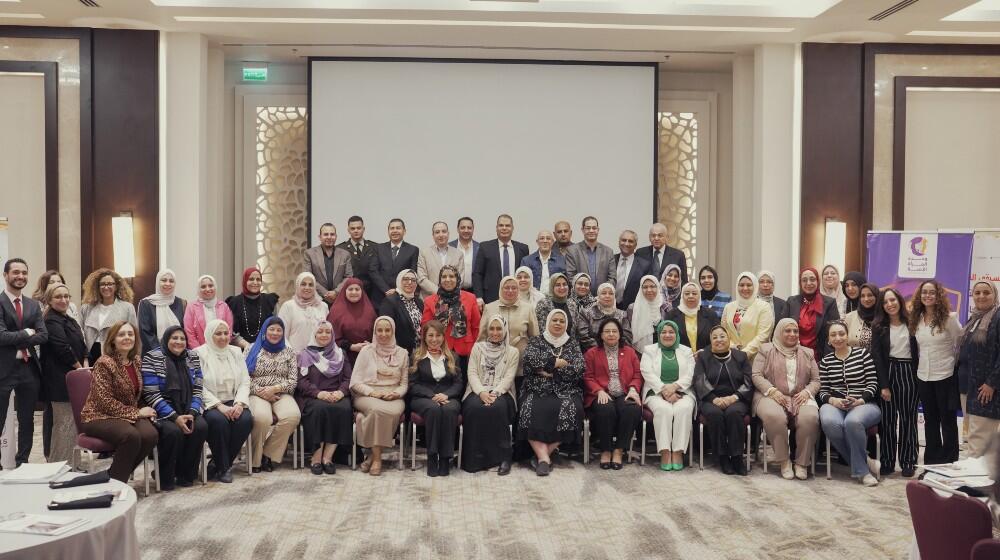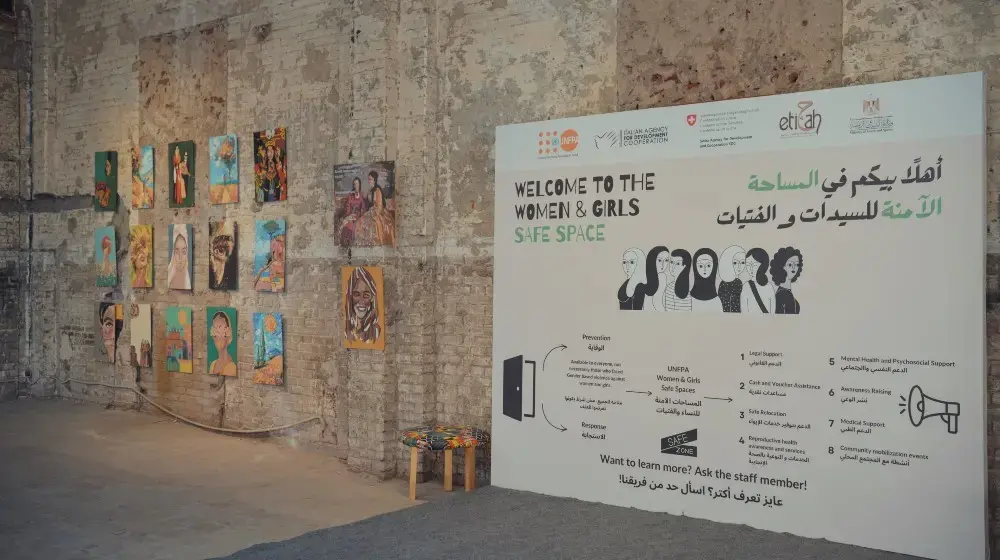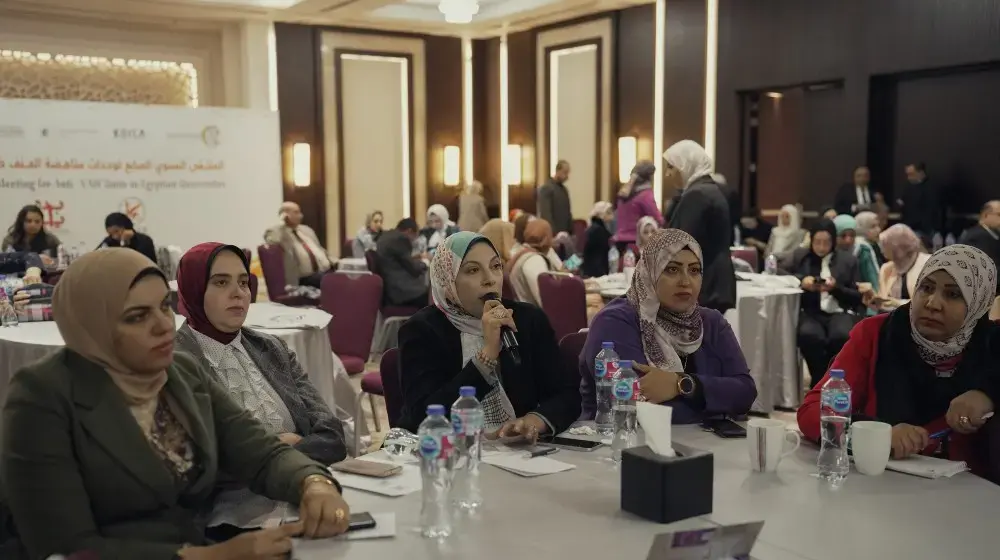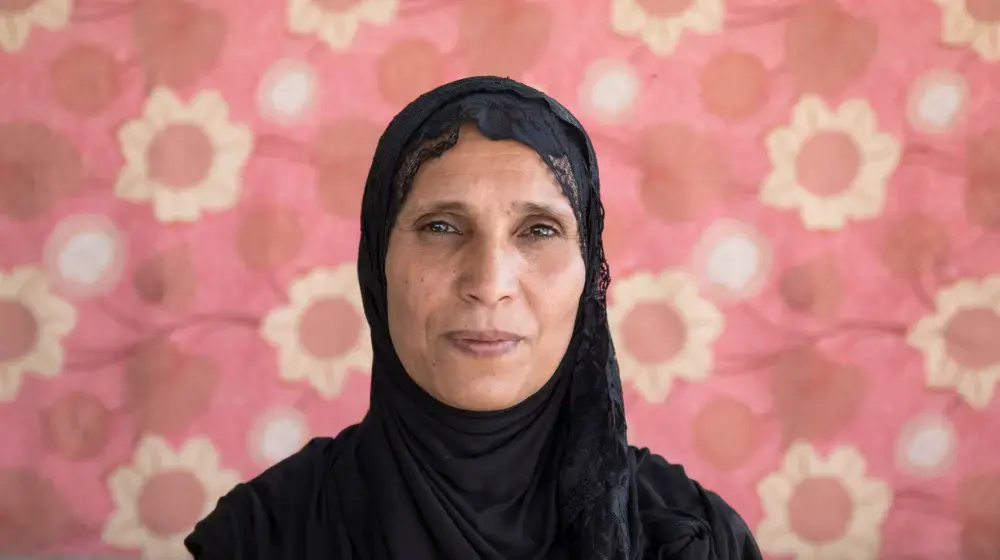UNFPA and the National Council for Women launched the first Procedural Guidelines to Establish Medical Response Clinics for Victims of Gender-Based Violence at the 5th annual meeting for representatives of Safe Women Clinics from University Hospitals that was held on November 20-22 in Cairo.
The guidelines are designed to provide medical service providers with technical tools and frameworks to effectively respond to cases of gender-based violence (GBV) at the Safe Women Clinics, which offer comprehensive services for women subjected to violence. The guidelines offer a step-by-step guide for medical service providers to receive, respond to and refer women or girls subjected to violence to other services through the clinic, depending on the case.
The technical guidelines build on UNFPA’s expertise in psycho-medical response and multi-sectoral coordination to ensure that survivors of GBV receive adequate protection, medical care and referral. Among the key issues addressed in the guidelines are the reporting and case documentation process, safety plan and risk analysis scenarios offering practical tools that doctors and nurses can use to support women exposed to violence, and facing survival risks.
There are currently 15 Safe Women Clinics in different university hospitals around Egypt, and 18 clinics under the Ministry of Health at the Primary Health Care level. The Safe Women Clinics offer medical services, examination, psychological first-aid, internal hospital referral as well as multi-sectoral referral to legal and social services in coordination with the National Council for Women.
The 5th annual meeting opened with welcoming remarks from Dr. Salma Dowara, National Council for Women Board Member, Surgeon, and Dean Faculty of Medicine in Galala University, alongside Ms. Sally Zohney, UNFPA Gender Specialist and Dr. Dina Shokry, Professor of Forensic Medicine at Kasr Al-Ainy Medical School, who presented an overview of the guidelines, detailing the format of the Safe Women Clinics and their operational successes to date.
Another session led by Sally Zohny, Gender Specialist at UNFPA, focused on Technology-Facilitated Gender-Based Violence (TFGBV), offering insights into how technology is increasingly being used as a tool for abuse and harassment, including cyberstalking, online blackmail, and the non-consensual sharing of intimate images. This session paved the way for a medical-centered discussion around the role of the sector in responding to cases of TFGBV, and how to identify survivors affected by this fast-paced global threat.
Dr. Amal Philip, health services expert at the National Council for Women, highlighted comparative achievements from previous years, providing a roadmap for scaling up the Safe Women Clinics in 2024.
The annual meeting also tackled the importance of multi-sectoral collaboration in enhancing GBV response, and the intersection of healthcare, social support, and survivor empowerment, with an in-depth presentation and discussion with Ms. Jackline Mamdouh, Director of the Central Administration of Women at the Ministry of Social Solidarity who presented the role and services offered through the women’s shelters in Egypt.
On their part, the National Council for Women presented the model of economic and vocational empowerment of women through its livelihood centers. These sessions presented a good opportunity to build connections, and to explore further areas of cooperation with the medical sector to increase response to GBV cases.
The meeting concluded with a workshop on trauma-informed care by Dr. Hayam Fathy Psychology Professor from Mansoura University, equipping medical service providers with techniques to support survivors of violence effectively.





